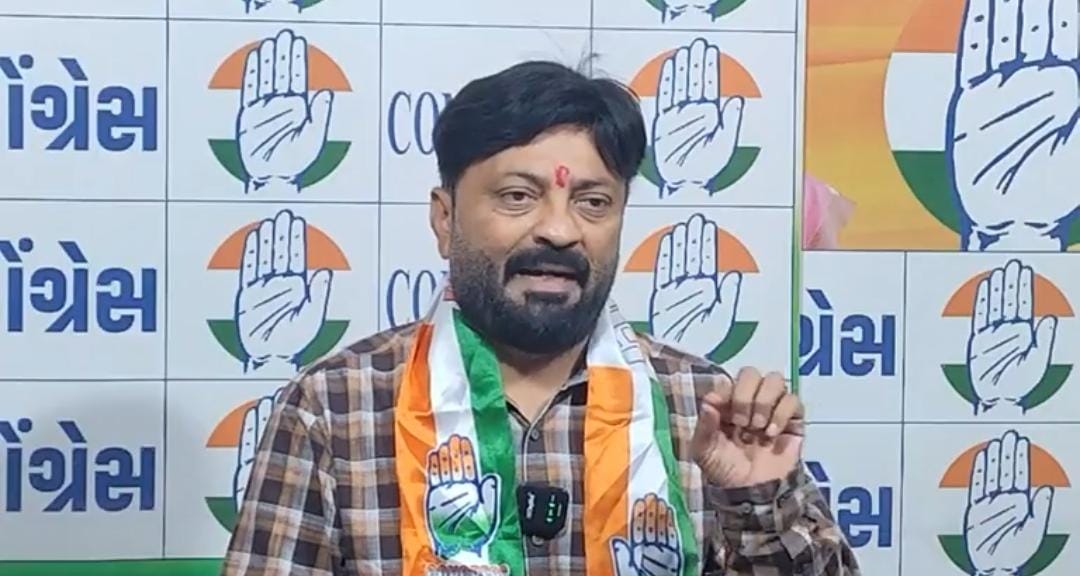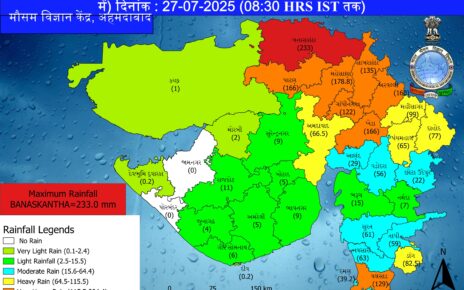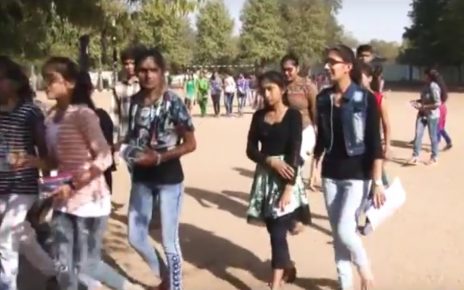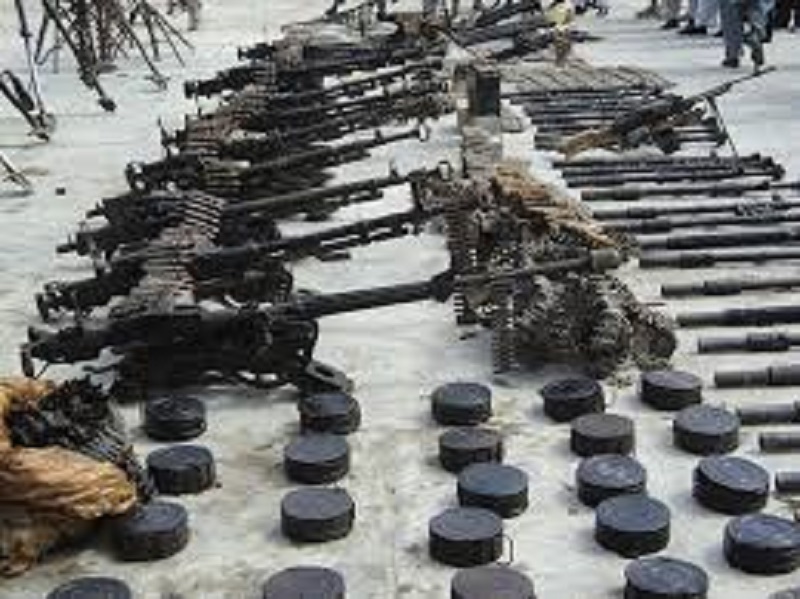To welcome newly appointed BJP Gujarat President Jagdish Vishwakarma, teachers from each school were ordered to suspend regular classes and attend the event — two per school. Citizens expected the celebration to be with books, but instead see disappointment toward the state of education, says Hemang Raval Spokesperson of Gujarat Congress.
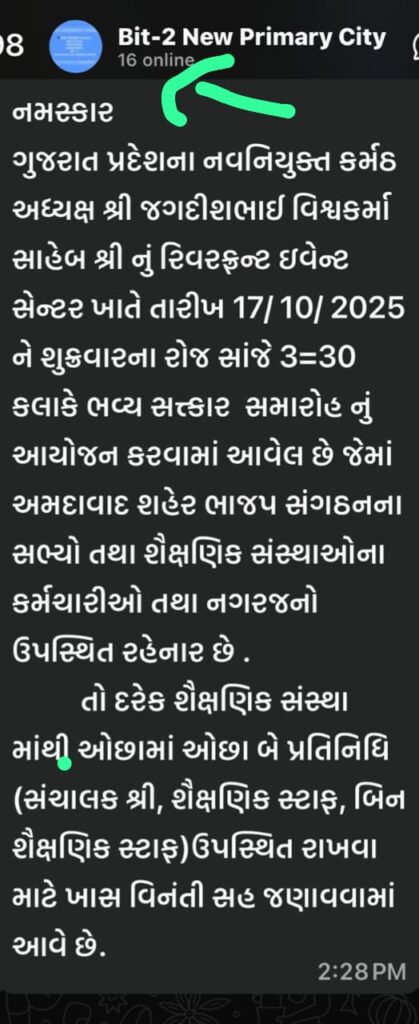
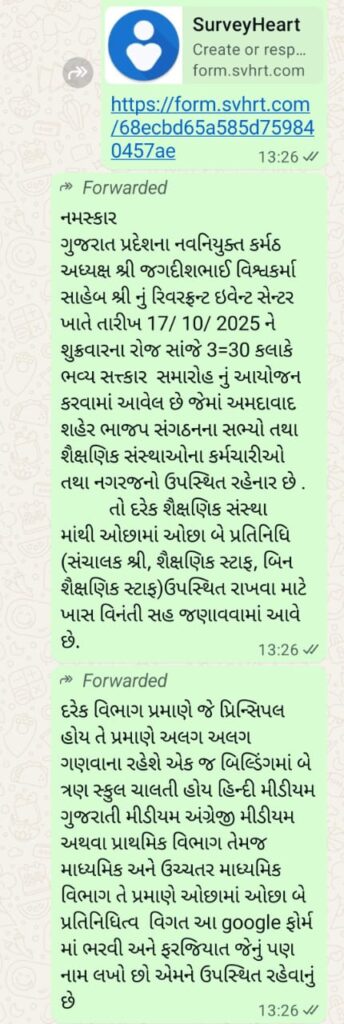
According to findings from the ‘PARAKH’ (Performance Assessment, Review and Analysis of Knowledge for Holistic Development) national survey report 2024 by the Ministry of Education, Government of India, Gujarat has failed to feature among the top 10 performing states in education. Instead, the state ranks among the bottom 10 low-performing states — a worrying sign for Gujarat’s education system.
In 2022, there were over 700 single-teacher schools in Gujarat; by 2024, that number rose to more than 1,400. The state faces a shortage of over 32,000 teachers, many schools lack proper drinking water facilities, and results have been deteriorating. Teachers continue to be burdened with non-teaching administrative and political tasks, consuming over 80% of their working hours.
Moreover, in recent times, education department officials have allegedly acted as political agents. When Prime Minister Narendra Modi visited Nikol, officials issued formal orders to suspend classes and mobilize teachers and students for the event, disregarding the impact on learning.
Now, as Jagdish Vishwakarma takes charge as BJP President, a welcome ceremony has been organized on October 17, 2025. City DEOs (District Education Officers) have reportedly issued directives for two teachers from every school to attend, using an official Google form.
Ironically, while Vishwakarma appealed to people not to gift him flower bouquets but books, the state is forcing teachers to abandon classrooms and disrupt education for his felicitation. Critics say it’s akin to snatching books from students in the name of respect.
Teachers’ Non-Teaching Workload in Gujarat
Teachers in Gujarat are routinely assigned to numerous non-academic tasks, such as:
- Acting as BLOs and supervisors during elections.
- Uploading photos and certificates under the Ek Ped Maa Ke Naam campaign.
- Registering and uploading photos for the Swachh and Harit Vidyalaya initiatives.
- Implementing Viksit Bharat Buildathon 2025 activities.
- Preparing for Kala Utsav and Bal Vigyan exhibitions.
- Managing grant utilization and PFMS entries.
- Conducting nutrition awareness dramas under National Nutrition Month.
- Handling CTS and UDISE+ data entry.
- Creating Aapar IDs, sports entries, and scholarship forms.
- Managing Ek Bharat Shreshtha Bharat, Twining, Vidyanjali, SIC, and Eco Club programs.
- Handling online/offline attendance, quarterly exams, and multiple training sessions.
- Participating in Cleanliness Drives, Yoga Day, Har Ghar Tiranga, Inspire Awards, Digital Gujarat scholarships, Khelo India registrations, and more.
Teachers are also mobilized for crowd gatherings, social surveys, funeral counts, pest drives, and festival arrangements, leaving little time for actual teaching.
Experts argue that such practices have led to a sharp decline in education quality. Students’ learning outcomes suffer because teachers are busy fulfilling bureaucratic and political duties instead of classroom teaching.
The PARAKH report’s findings serve as a wake-up call — if teachers spend 80% of their time outside education, how will Gujarat learn? expressed concerned by Hemang Raval.


